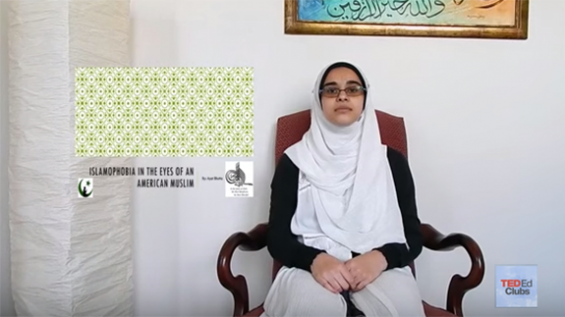
Becoming Spiderman may be easier than you think: A TED-Ed Club talk on genetically modified humans
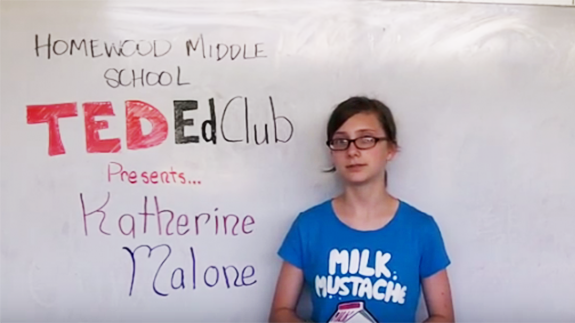
Will future generations see the human genome as the end point for humanity — or just the beginning? This ethical quandary isn’t just the stuff of science fiction. Scientists already have the ability to create glow-in-the-dark pigs using jellyfish DNA. As human gene-editing technology becomes cheaper and easier over time, can genetically modified humans really be that far behind?
In her TED-Ed Club talk, Katherine Malone explores the idea of human enhancement. Below, she answers questions about this controversial topic — and speaks her mind on the ethics around boosting human immunity and abilities through cross-species grafts.
In modern medicine, what are some of the current ways that animals impact humans, and vice versa?
Pigs tend to be used for a lot of modern medicines. Chopped pig pancreas is fed to cystic fibrosis patients as a means of supplying enzymes (somewhat gross, but necessary). “Super-pigs” have been developed to help try and provide hearts for heart transplants, since human ones are in short supply. And many traditional medicines are animal-based; it’s one of the main reasons that tigers and rhinoceroses are endangered.
What does research suggest about the future possibility of human enhancement using animal DNA?
Genetic science has advanced so much and so quickly since the beginning of the 2000s that in 20 years I believe we will have made some big progress — perhaps to the point where animal-human grafting is actually a thing. Not just organ transplants, but genetic transplants that boost immunity. For example, there are some diseases that animals tend not to get, but humans do.
You end your TED-Ed Club talk with, “In all likelihood, we could do it; it is now your duty to think about whether we should do it.” What’s your personal opinion?
Animal-human grafting is a very controversial subject, as most things related to animals are. A lot of people would be concerned about the impact on both humans and animals. Plus, the whole process will be incredibly expensive, especially when it first comes out. But my personal opinion is that we should go for it. Yes, there are problems. But there have been problems and complications with everything new that humans have done. And we could explore worse ideas.
The possibilities that come with grafting DNA are almost endless. If it works, the benefits could far outweigh the problems that people might have with the idea. And in the end, I believe that it could be totally worth it.
More than 10,000 students are now sharing and presenting their ideas in TED-Ed Clubs around the world. Interested in starting a TED-Ed Club at your school? Find out more.
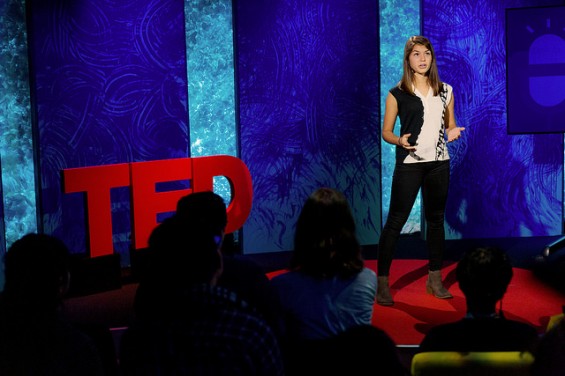
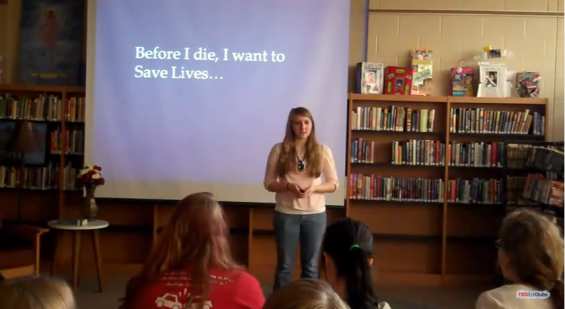

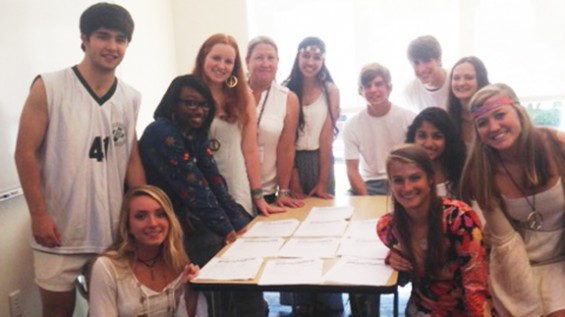
Very nice post, thank you the hard work!